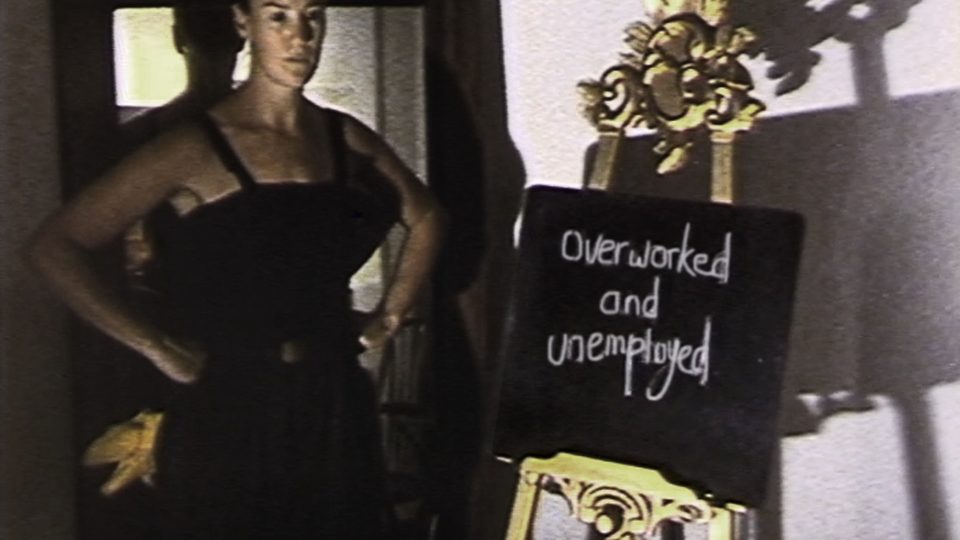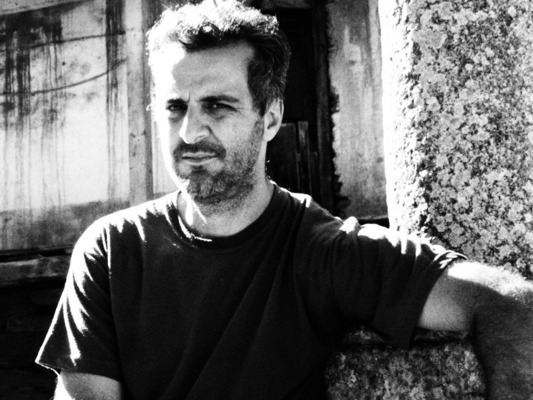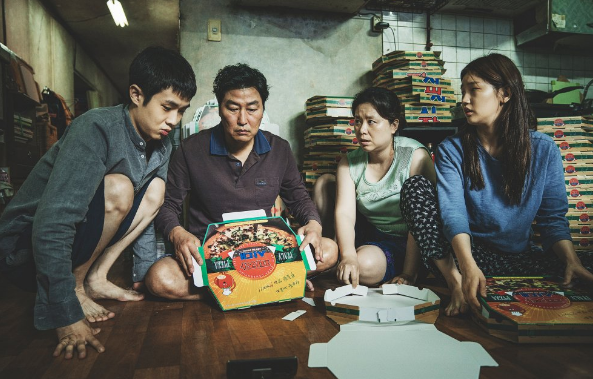
It was a great moment for films from Latin America and the Global South in Cannes. Among our favorites–and the nearly unanimous critical favorite–is PARASITE, by the South Korean filmmaker Bong Joon-ho. PARASITE is one of those hugely popular films that reinvent the idea of a “crowd-pleaser.” That is because PARASITE manages to be savagely dark, to poke fun at both cultural and social mores, and to take the concept of a film focused on financial misery to a whole new, absurdist level. When a family down on its luck sees an opportunity to seize all the jobs in a rich household–by sly maneuvers leading to basically getting all their competition fired–they move into their new employer’s home, only to discover they were not the only ones with this idea. The “parasitic” relationship alluded to in the title is then between the household employees and their bosses, but also, between capitalism and global (not just Global South) workforce, in general. The ingenious Bong Joon-ho takes this conceptual framework and turns into a high-stakes morbid pastiche, which crackles with physical and verbal humor in each and every scene, aided by a remarkable ensemble cast (which includes the prodigious actor from Joon-ho’s previous films, Kang-ho Song).
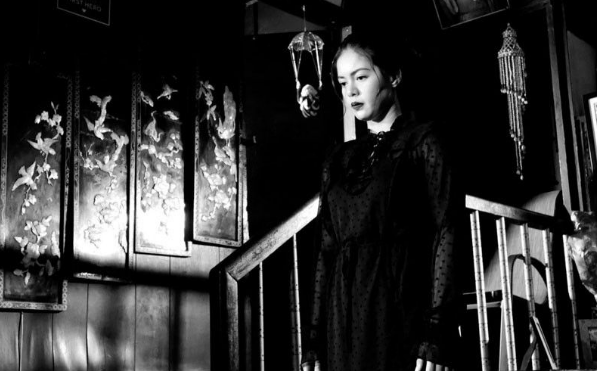
The dystopian near future in The Halt by Filipino filmmaker Lav Diaz
In the category of films that deal with the Global South political and social upheaval, and yet retain a distinct absurdist, highly dreamy and fantastical vein, is THE HALT by the Filipino auteur Lav Diaz. Diaz takes us on a journey in the futuristic Philippines, where violent volcanic eruptions have turned days into permanent nights. In this perpetual darkness, we meet a young woman who decides to work as a high-end prostitute, aka Baby Love or robot-like Model 37 (Shaina Magdayao), and the two high-ranking secret-police women, Martha Officio (Hazel Orencio) and Marissa Ventura (Mara Lopez), one of which ends up as Model 37’s smitten customer. What starts off as a loose tapestry of characters, relatively soon (over nearly five hours, a mid-length effort considering Diaz’s work) coalesces into a plot to assassinate the ruthless president. Diaz’s characterization–and Joel Lamangan‘s fearless portrayal–of President Nirvano Navarra is one of Cannes, and indeed the year’s, absolute finest. With his pet crocodile, his propensity to hear voices, his love for knitting and his maniacal persona, Navarro has its cinematic rival perhaps only in Aleksandr Sokurov‘s–and Issei Ogata‘s–portrayal of the Emperor Hiroshito, in The Sun (2005). Diaz is clearly at the height of his powers and his rich historical sci-fi material reaches epic, polyphonic heights, reminiscent of the Nobel Prize winning Salman Rushdie’s magnum opus, Midnight’s Children.

Bacurau’s Brazilian transgender performer Silvero Pereira on the red carpet in Cannes
Speaking of this year’s most memorable characters and performances, it is impossible not to mention the transgender Lunga / Lungo (Silvero Pereira), in Kleber Mendonça Filho and Juliano Dornelles’s bold, multi-genre take on cultural and social violence, BACURAU. When the small town, Bacurau, in Brazil’s improbably lush yet drought devastated backcountry, is threatened by a post-apocalyptic band of human hunters (a largely American brigade, armed to kill locals in a vicious video-game style, aided by a drone, and to claim them as their trophies, as mere points on their top-kill score charts), the town’s inhabitants turn for help to one unlikely protectress: Lunga, the local lampião, or bandit. Armed resistance has deep historical roots in Brazil, starting with the time of slavery, and runway slaves forming their distinct Afro-Brazilian communities, known as quilombos, to which the film strongly alludes. Banditry has such deep roots as well, as a vote of no-confidence towards repressive regimes. But it also has contemporary resonance, in a country riddled with gun trafficking and police and street violence.
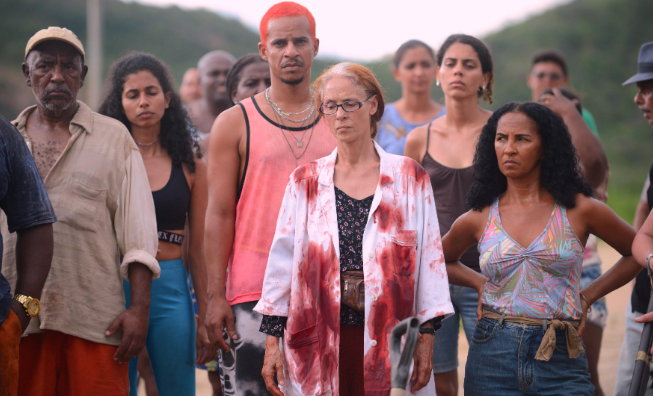
The inhabitants of Bacurau turn to Lunga (Silvero Pereira) for help in defending themselves against the foreign white invaders
Thus Lunga is both a heroic figure and a more problematic, darker presence–a criminal and a mythic warrior, loved and feared as much as s/he is resented. Outfitted with amulets, the bold Lunga stages the town’s revenge–and in one absolutely unforgettable scene, which turns the whole western genre on its head, as the villagers jokingly comment on Lunga’s camp outrageousness–comes across as a contemporary scalp-hunter. Similarly to Joon-ho and Diaz, Mendonça Filho and Dornelles are very much aware of the rift between the world’s North and the Global South, an inequality that is blatant, on the micro scale, in Brazil itself, where the filmmakers’ native Northeast region fares much worse than the country’s more prosperous South.
We will be adding to our Cannes coverage soon: next to come — César Diaz’s Nuestras Madres, Alejo Moguillansky’s Por el dinero and Amin Sidi-Boumédiène’s Abou Leila.
Also to come: Lyssaria’s coverage of the Cannes Film Festival shorts, in partnership with Festival Scope, which is screening the shorts from Cannes on its streaming platform.
